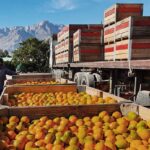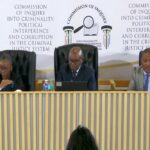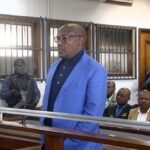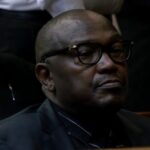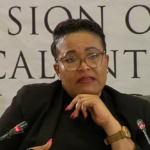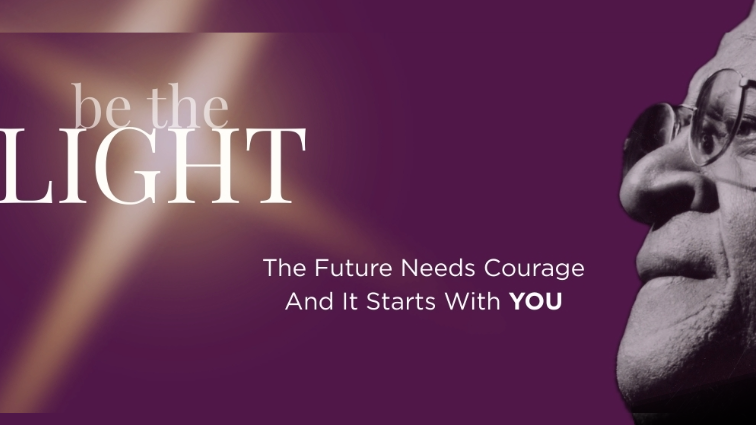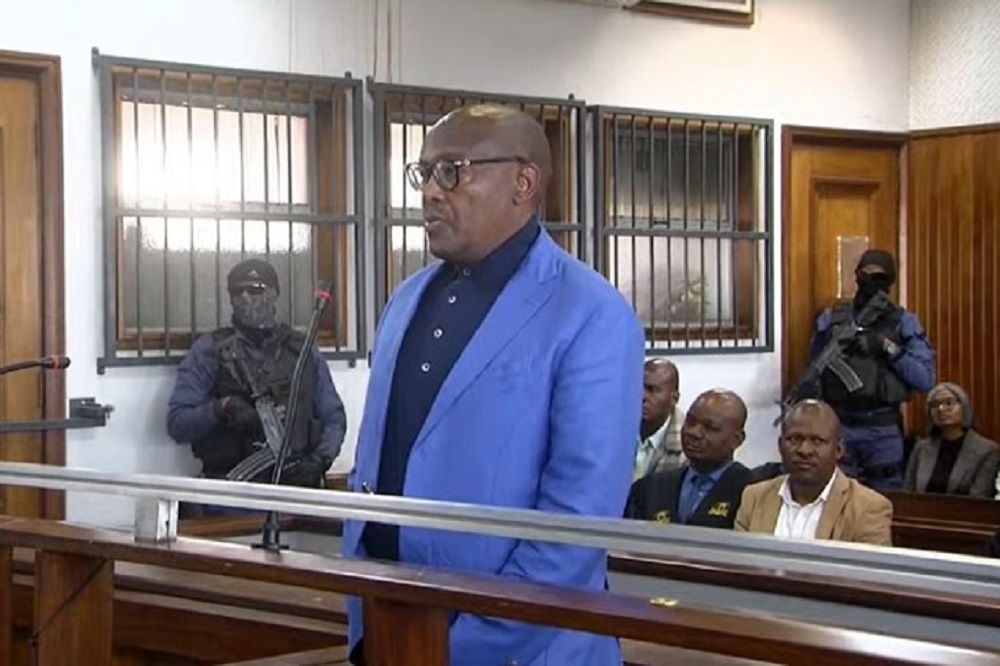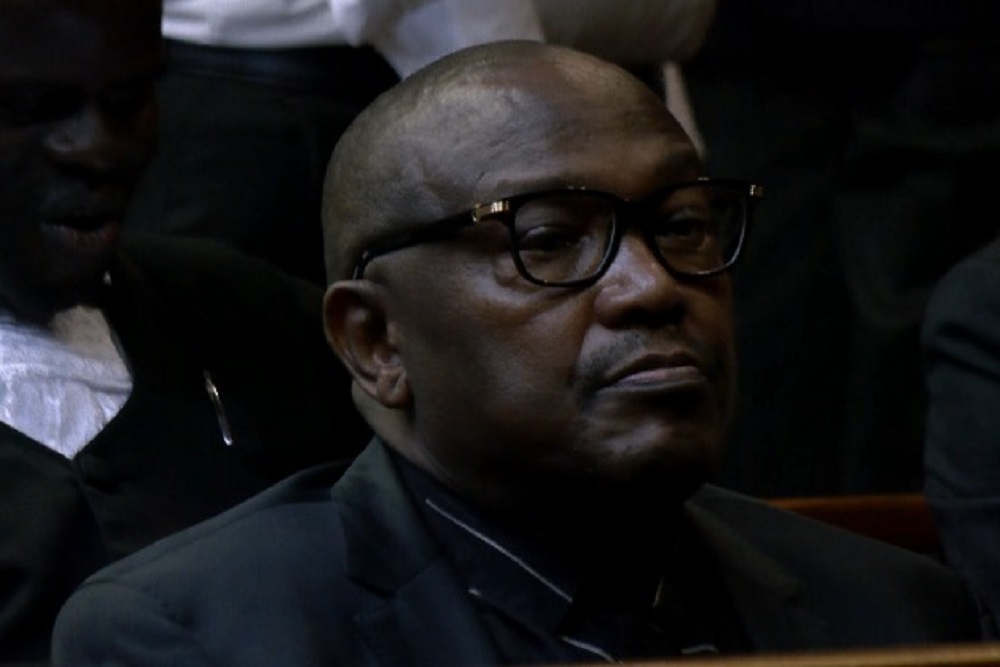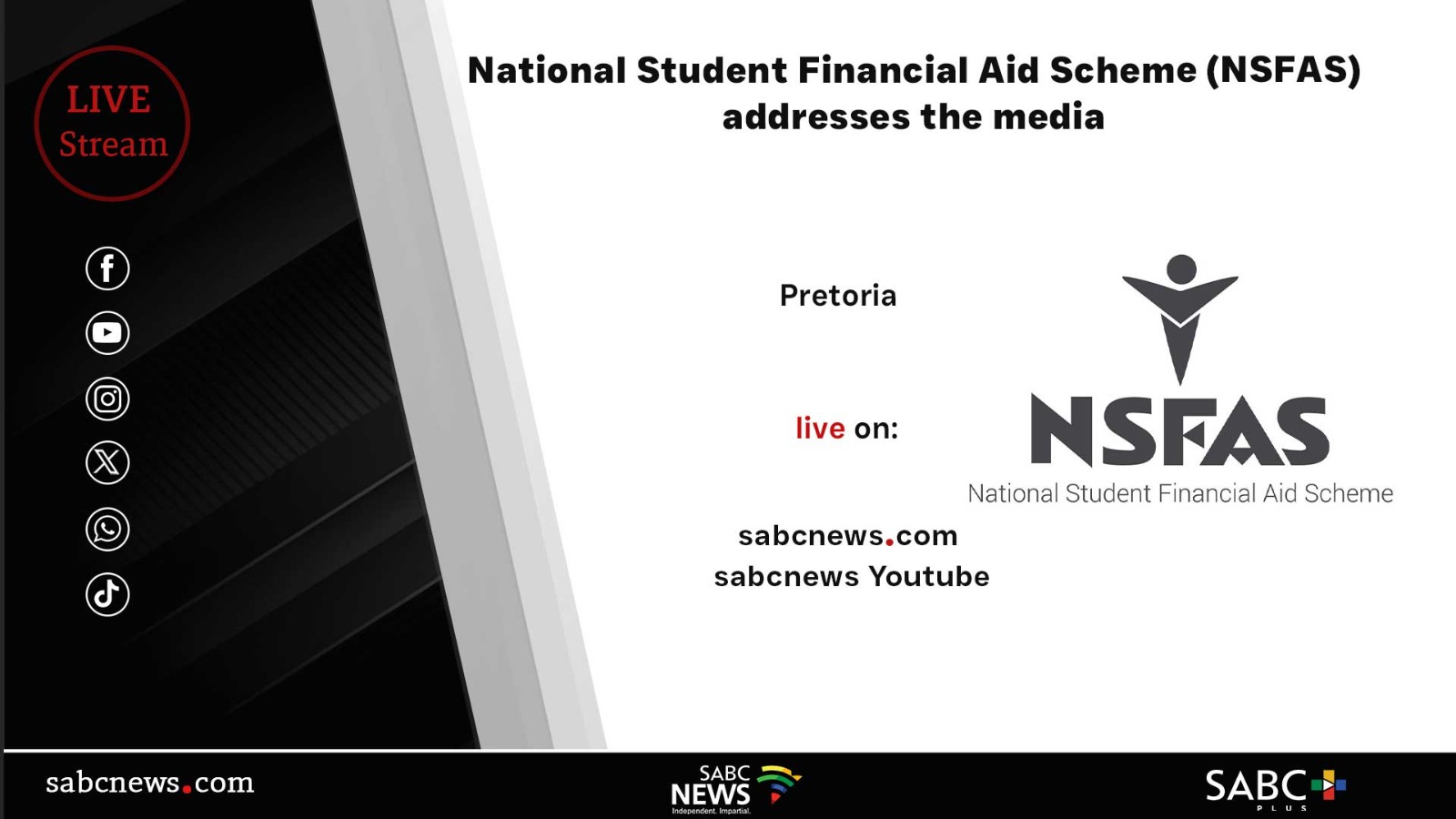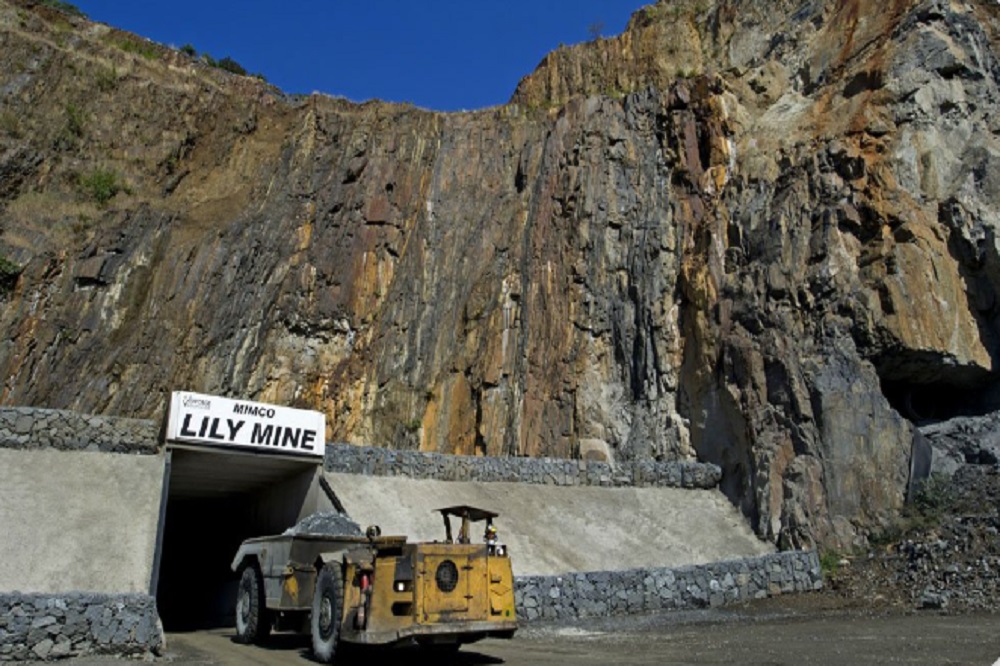-
The Tutu Legacy.
A new photo exhibition at the Desmond and Leah Tutu Legacy Foundation in Cape Town shines a light on the forced displacement and persecution of the LGBTIQ+ community.
Human Rights organisation, the Fruit Basket, in partnership with the United Nations High Commissioners for Human Rights and Refugees, as well as the embassies of the Netherlands and Ireland in South Africa, spearheaded the project.
Each photo depicts a person with their own story of immense struggle, often in the face of mortal danger, forced to leave behind all they know.
Titled “Putting a Human Rights Face to LGBTIQ+ Forcibly Displaced Persons in South Africa,” the exhibition portrays the lived realities of individuals who fled violence and discrimination.
Janet Jobson from the Desmond & Leah Tutu Legacy Foundation says the Foundation collaborated to bring the exhibit to the public.
“He was so clear, as an archbishop, he said, I will not worship a homophobic god. If God is homophobic, I’d rather go to that other place. And so, to say that as an archbishop, really was a profound, profound statement to make. He went on to follow that up with activism, supporting the movement to ensure that sexual orientation was recognized in our constitution, continuing to be an activist on queer rights throughout his life. And that’s something we can all, I think, aspire to, which is that he had this universal sense of justice. Yes, he fought against apartheid, but he also fought for women’s rights, and he fought for LGBTQI rights, and he fought for the environment, and for any because you can think of, Desmond Tutu was on the side of justice, and on the side of our deep shared humanity. I think it’s something we can all emulate.”
The majority of portrait studies are of people from Zimbabwe and Uganda. One of those who chose to participate is Mandy. As a transgender woman, she fled two countries after being rejected by her family, being jailed and threatened with more extreme violence. She hoped to find safety in South Africa.
“My experience in South Africa is, I could say, 50-50, but I’m grateful for the 50% that I am very much safer compared to my country, Uganda. and the 50% stands for, you know, the struggles in terms of my hormonal replacement therapy and also trying to, you know, integrate into a new society, with different languages, and yeah, but I’m very grateful that I’m much better than way back home,” says Mandy, an exhibition participant.
✨THE POWER OF COMMUNITIES✨
Putting a human (rights) face on LGBTIQ+ forcibly displaced persons in South AfricaYou’re invited to experience The Power of Communities — an exhibition that looks beyond the headlines to reveal the personal, human stories of LGBTIQ+ persons… pic.twitter.com/eJquUEewtU
— TutuLegacy (@TheTutuLegacy) October 28, 2025
There are countless others like Mandy. She holds a six-month asylum permit and hopes to be granted refugee status. But many still find it extremely difficult to obtain documentation, which leaves them vulnerable again.
Jobson says it is crucial to amplify that South Africa is a safe haven for persons of the LGBTIQ+ community.
“Because of the context of this continent, a place in which it is incredibly unsafe to be queer, a place in which many countries are criminalised and many are discussing going as far as having the death penalty for queer people. Queer people are persecuted, and we need to recognize that in our laws. We need to recognize that in our systems, so that when we’re making determinations about refugee status, we really are putting the human story at the front of that. It also requires, you know, in general, the overhaul of our home affairs system. We need these systems to work in order for people to have access to justice. and that’s something that all South Africans can connect to and can understand.”
Despite hardship, Mandy and others like her refuse to be silenced and hope to inspire others through their stories.
“I would tell everybody not to give up, because if I had given up way back in, when I was in prison in Uganda, I think I would have, I wouldn’t be safe today to share my story with all of you. So, giving up should not always be your option. I continue fighting. Just know that one day, one time, your story is going to be hard, and your space is going to be respected. Thank you,” says Mandy, an exhibition participant.
The exhibition is open to the public until the end of November.
VIDEO | Pride Month important in highlighting discrimination against queer people: Ditsie


